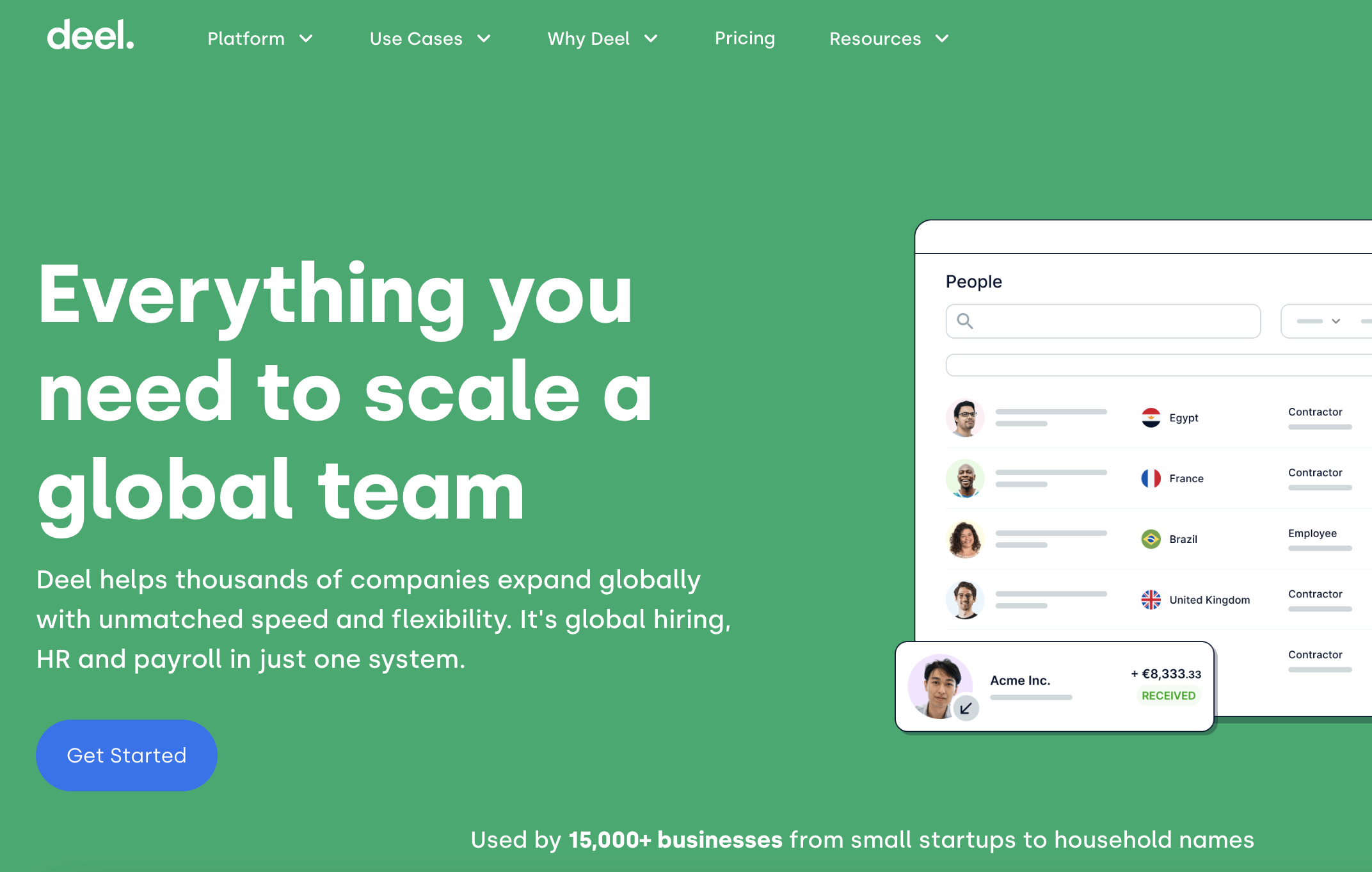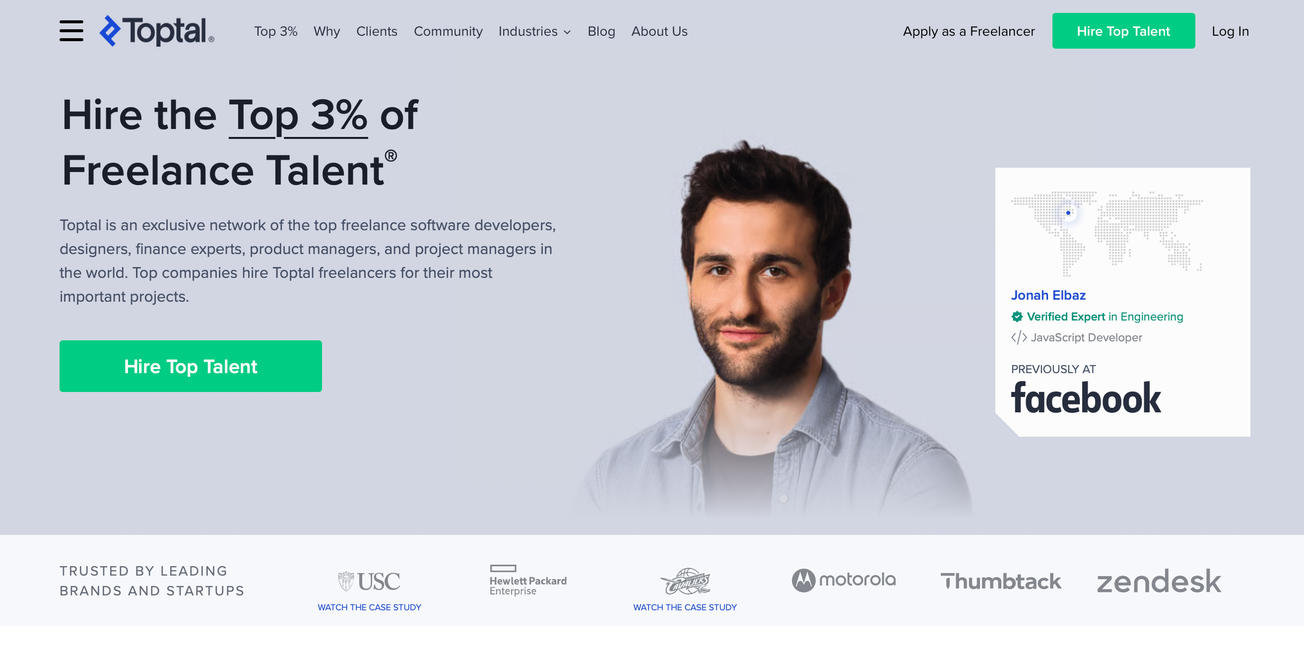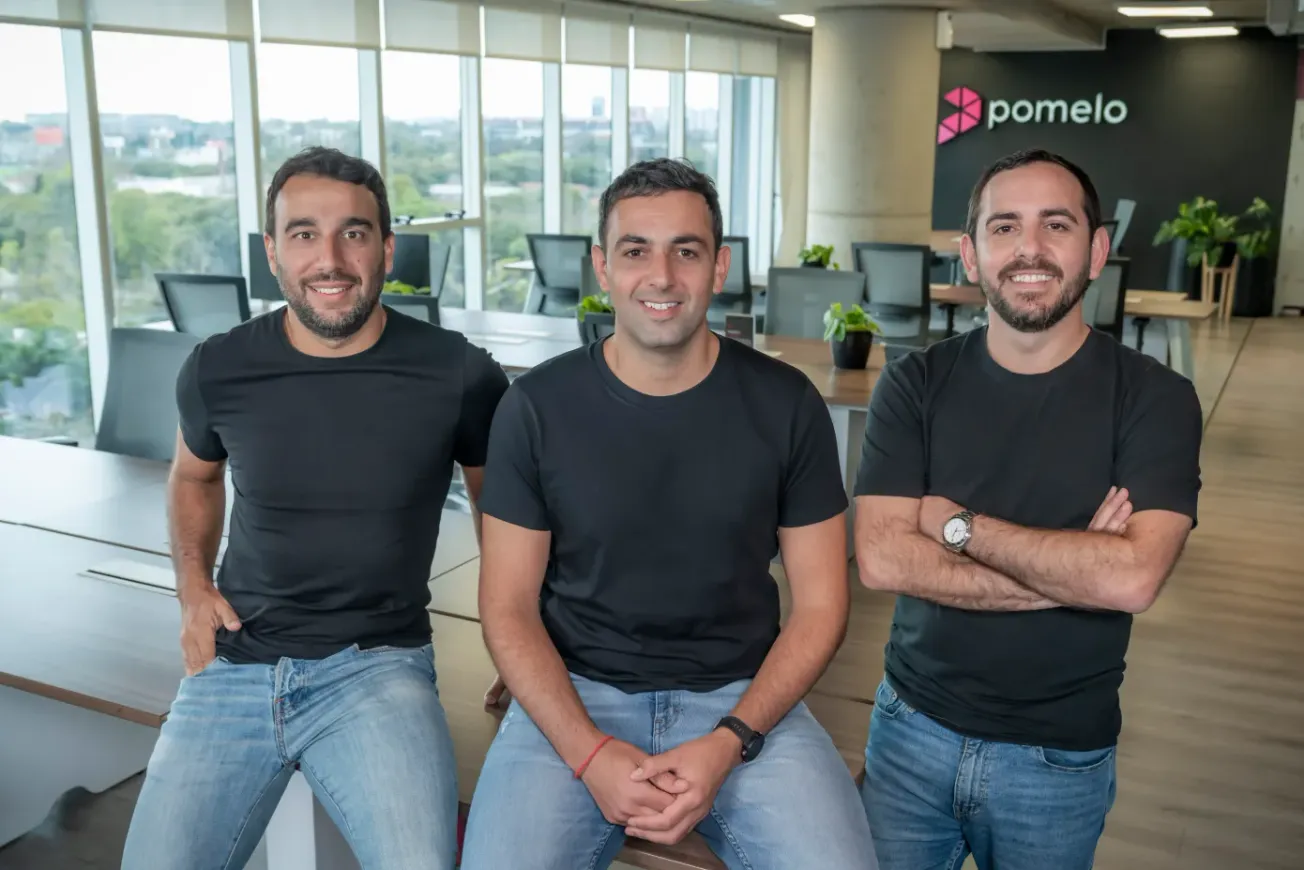Startups are known for their fast-paced, dynamic work environments, where every employee plays a vital role in the company's success. However, hiring the right people for a startup can be a challenging task. Startups face unique challenges when it comes to hiring, including limited resources, tight budgets, and fierce competition for top talent.
Despite these challenges, startups need to build a strong team to succeed. Hiring the right people is crucial for startups to achieve their goals, scale their businesses, and stay ahead of the competition. In this article, we will explore the challenges that startups face when hiring and the best practices to overcome them.
Defining the Hiring Needs for Startups
When it comes to hiring for startups, it is crucial to define the hiring needs of the company. This includes identifying key positions, assessing the company culture, and determining the skills and qualifications required for the roles.
Identifying Key Positions
Startups need to identify the key positions that are critical to the success of the company. This includes identifying positions that require specialized skills and knowledge, such as technical positions, as well as positions that are essential to the day-to-day operations of the company, such as administrative roles.
It is important to prioritize the hiring of key positions to ensure that the company has the necessary resources to achieve its goals. This may involve hiring for positions that are not immediately revenue-generating, but are necessary for the long-term success of the company.
Assessing the Company Culture
The company culture is an important consideration when hiring for startups. Startups often have a unique culture that is different from more established companies. It is crucial to ensure that new hires are a good fit and will be able to thrive in the startup environment.
Startups should consider the values and mission of the company, as well as the work environment and team dynamics. This can help to identify the qualities and characteristics that are important for new hires to possess.
Determining the Skills and Qualifications
Startups need to determine the skills and qualifications required for each position. This includes identifying the technical skills and knowledge required for the position, as well as the soft skills and personal qualities that are important for success in the role.
Startups should consider the specific needs of the company when determining the skills and qualifications required for each position. This may involve identifying skills that are unique to the industry or market that the company operates in.
Overall, defining the hiring needs of startups involves identifying key positions, assessing the company culture, and determining the skills and qualifications required for each role. By taking a strategic approach to hiring, startups can ensure that they have the necessary resources to achieve their goals and build a strong team that is capable of driving the company forward.

How Deel Can Help You Simplify Your Hiring Process
Deel is an HR platform that enables companies to effectively manage and scale their global teams.
- Easily hire and pay employees where you don’t have entities with Deel’s worldwide infrastructure.
- Work with contractors anywhere with built-in compliance, automated invoicing, and effortless global payments.
- Quickly onboard and pay direct employees hired through your entities to consolidate processes.
Challenges in Hiring for Startups
Startups face unique challenges when it comes to hiring. Limited budgets, competition with established companies, and attracting top talent are some of the most common difficulties faced by startups.
Limited Budgets
Startups often have limited budgets, which can make it difficult to compete with larger companies. They may not be able to offer the same salary or benefits packages as established companies, which can make it challenging to attract top talent.
However, startups can get creative with their compensation packages. For example, they can offer equity in the company or flexible work arrangements. They can also focus on offering a unique company culture and mission that appeals to potential employees.
Competition with Established Companies
Startups often have to compete with established companies for top talent. Established companies may have more resources and a well-known brand, which can make it difficult for startups to attract candidates.
To overcome this challenge, startups can focus on offering a unique value proposition. They can highlight the opportunity for growth and innovation, as well as the chance to make a real impact on the company's success. They can also leverage their smaller size and more agile structure to offer a more personalized and dynamic work environment.
Attracting Top Talent
Attracting top talent is a challenge for any company, but it can be especially difficult for startups. Startups may not have the same level of brand recognition or reputation as established companies, which can make it difficult to attract candidates.
To attract top talent, startups can focus on building a strong employer brand. This includes highlighting the company's mission and values, as well as its unique culture and work environment. Startups can also leverage their networks and industry connections to reach potential candidates.
Another strategy is to offer opportunities for professional development and growth. Startups can offer training and mentorship programs, as well as opportunities to take on new challenges and responsibilities. This can be especially appealing to candidates who are looking for a dynamic and fast-paced work environment.
Best Practices for Hiring in Startups
Prioritizing Cultural Fit
One of the most important factors in hiring for startups is finding candidates who fit well with the company culture. Startups often have unique cultures that are different from more established companies, and it's important to find candidates who will thrive in these environments. Hiring for cultural fit can help ensure that new hires will be able to work well with the existing team and contribute to the company's success.
When evaluating candidates for cultural fit, startups should consider factors such as their values, work style, and personality traits. It's also important to involve multiple team members in the hiring process to get a broad perspective on whether a candidate is a good fit for the company culture.
Creating a Strong Employer Brand
Startups often struggle to attract top talent because they don't have the brand recognition of larger, more established companies. To overcome this challenge, startups should focus on creating a strong employer brand that highlights the company's mission, values, and culture.
One way to build a strong employer brand is to showcase the company's culture and values on social media and other online platforms. Startups can also leverage their existing employees by encouraging them to share their experiences working at the company on social media and review sites like Glassdoor.
Offering Competitive Compensation and Benefits
While startups may not be able to offer the same level of compensation and benefits as larger companies, it's still important to offer competitive packages to attract top talent. Startups should research industry standards and adjust their compensation and benefits packages accordingly.
Startups can also offer non-monetary benefits like flexible work arrangements, equity or stock options, and opportunities for professional development to make their compensation packages more attractive to candidates.
Leveraging Social Media and Networking
Startups can leverage social media and networking to reach a wider pool of candidates and build relationships with potential hires. Social media platforms like LinkedIn and Twitter can be used to share job postings and engage with potential candidates.
Networking events and industry conferences can also be valuable opportunities for startups to connect with potential hires and build relationships with other professionals in their industry.








